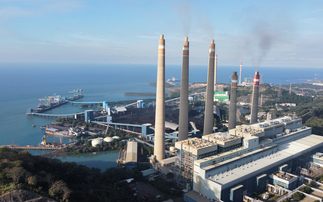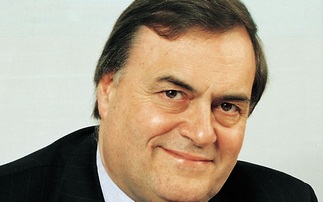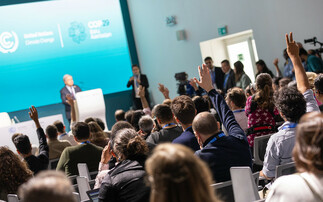Jane Burston hears UN climate chief Christiana Figueres bemoan how much needs to be achieved in a fortnight
Day four of the Durban summit. At this point in a COP it is generally difficult to tell if substantial progress is being made. The summits tend to accelerate towards a conclusion in the second week, driven by the arrival of ministers and negotiators' increasing reliance on strong coffee.
Early progress is often hampered by disputes over the agenda for the meetings. There are 55 issues under negotiation, and countries and blocs have their own pet issues that they want to see discussed. Yet only 105 meeting slots are available for each summit.
In a closed meeting today, Christiana Figueres, Executive Secretary of the United Nations Framework Convention on Climate Change (UNFCCC), said, "if there's one thing against us these two weeks it's time."
Add to this the particularly sticky issues being faced - the legal form of any agreement, the timeline for making one, who needs to make the required cuts - and the stalling tactics from nations that don't want an agreement, and you can see why expectations for the summit have been low.
Yet Christiana Figueres is positive about proceedings so far. She said that at the beginning of the talks this week, the assembled parties, "didn't have the kind of agenda flights that we've had in the past. We sat down and we got down to work very quickly."
There is a feeling amongst negotiators that there are areas on which solid progress can be made, and perhaps even agreements reached.
One area is solidifying the commitments already made at Copenhagen and Cancun, even if not everyone agrees on the level of ambition they represent. A DECC spokesperson said, "We need to build on progress made at Cancun to clarify country pledges and address the emissions gap."
The ‘emissions gap' is the difference between what we have on the table in pledges and the level of emissions cuts needed to keep global average temperature rises to 2 degrees. According to the UN this gap is six billion gigatonnes.
Another area where progress could be made is on HFC gases. HFCs are potent greenhouse gases not currently covered under the framework. Moves are being made to change this, as well as to ban projects to reduce these from being able to generate carbon offset credits.
The latter is important because such projects to reduce HFCs have in the past been accused of actually increasing emissions. When this issue stalled at Cancun, the EU took action to ban the credits for use in its own jurisdiction; the hope is that a global ban will be cemented this year.
Jane Burston is founder and director of offsetting company Carbon Retirement







